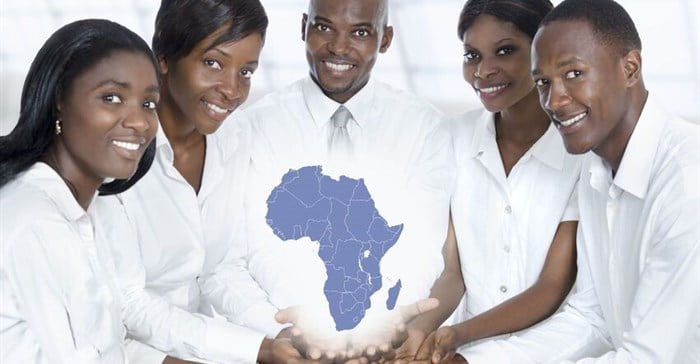Pandemic lesson: Africa must rely on itself

This stems from the urgent need to scale up Covid-19 vaccine production and access in the wake of a pandemic that has caused unprecedented economic loss and bankrupted health care systems in Africa.
This was voiced by global leaders at the 76th General Assembly of the United Nations (UN) which takes place this year against the Covid-19 pandemic, which has hit African economies badly, despite the overall lower death toll on the continent.
Standing in the way of that capacity are the various restrictions and trade barriers, intellectual property rights and lack of raw materials, which are making it even harder for African countries to get into the game.
A sideline virtual event hosted by the Future Investment Initiative Institute looked at balancing the scales of global health and the consequences of the novel coronavirus. The event was part of a series of panel sessions around the themes of vaccines, resilience and global health.
The panel that included African Development Bank head (AfDB), Akinwumi A. Adesina, World Trade Organisation (WTO) director-general Ngozi Okonjo-Iweala, and Global Infrastructure Partners (GIP) vice chairman and partner, Jim Yong Kim.
Africa to rely on itself
To shockproof the continent from future pandemics and other health crises, Adesina emphasised the need to build Africa’s manufacturing and healthcare capacity.
“Africa cannot outsource its health to the rest of the world. We’ve got to build Africa’s indigenous manufacturing capacity.…we need to secure ourselves,” Adesina said addressing what he said was one of the biggest lessons from the pandemic – the need for Africa to rely on itself.
Closing the health gap
Asked in turn by CNN anchor Richard Quest, who moderated the session, what they as world leaders were doing to close the dangerous health gap, Okonjo-Iweala said her top two priorities were to get countries who have an excess of vaccines to donate them to COVAX, the initiative led by the Coalition for Epidemic Preparedness Innovations, the Vaccine Alliance Gavi and the World Health Organisation (WHO).
The second, she said, was to “get richer countries to swap places with poorer countries on the waiting list for vaccines”.
“We are taking action…supply chains for vaccines are very complicated…making sure supply chains flow… We need to lift restrictions so that manufacturers can get what they need,” Okonjo-Iweala said.
“Vaccine nationalism doesn’t pay… We’ve got to let technology be transferred. We can’t be selfish in this pandemic. Lives are at stake.”
In the long term, Okonjo-Iweala said, it was about building Africa’s capacity to manufacture. “We need to decentralise manufacturing,” she stressed.
Lack of leadership
On the same issue, Kim decried the lack of leadership in the present global health crisis.
“Where is the coalition that will say this is an unprecedented challenge?.…What we now need is leadership…We had a similar problem treating people with HIV…we can solve them for the vaccine shortage,” Kim said.
Another theme running through the day’s sessions was the business case for investing in vaccine creation facilities and the benefits to financiers’ bottom line. “You’ve got to have the conversation...it’s in your interest that Africa gets vaccines,” Kim emphasised.









































